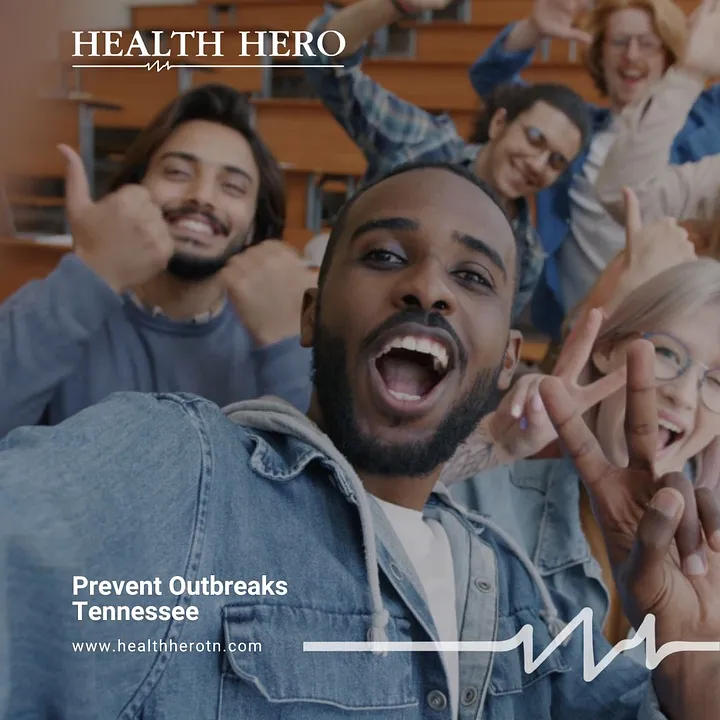As the new school year approaches, parents everywhere are busy with preparations. There’s a lot to do, from buying school supplies to updating wardrobes. However, one crucial task should never be overlooked amidst the hustle and bustle: back-to-school vaccinations.
Vaccinations are a cornerstone of public health and vital to keeping our children healthy. Here’s why ensuring your child is up-to-date on their vaccines before the school year begins is essential.
Protecting Against Serious Diseases
Vaccinations protect children from a variety of serious and potentially life-threatening diseases, including measles, mumps, rubella, polio, and whooping cough. Though rare due to widespread vaccination efforts, these diseases can still pose significant risks if an outbreak occurs. By vaccinating your child, you are safeguarding them against these illnesses and contributing to the community’s overall health.
Creating a Safe School Environment
Schools are environments where children are in close contact with one another, making it easy for contagious diseases to spread. When a high percentage of students are vaccinated, it creates a protective barrier known as herd immunity. This protects vaccinated children and those who cannot be vaccinated due to medical reasons. Herd immunity helps prevent outbreaks and keeps the entire school community safer.
Meeting School Requirements
Most schools have vaccination requirements that must be met for children to attend. These requirements are in place to ensure a healthy learning environment for all students. By keeping your child’s vaccinations up-to-date, you’re complying with school policies and helping to maintain a healthy school community. Check with your child’s school to understand their specific vaccination requirements.
Preventing the Spread of Disease
Vaccines are not just about individual protection; they also help prevent the spread of diseases to others. This is particularly important for protecting vulnerable populations, such as infants too young to be fully vaccinated and individuals with weakened immune systems. By vaccinating your child, you’re playing a crucial role in reducing the transmission of preventable diseases.
Long-Term Health Benefits
Vaccinations provide long-term health benefits that extend well beyond childhood. Diseases that vaccines protect against can have serious complications, including chronic illnesses and disabilities. By vaccinating your child, you are reducing their risk of experiencing these complications and supporting their overall long-term health.
Expert Recommendations
Health experts and organizations worldwide, including the Centers for Disease Control and Prevention (CDC) and the World Health Organization (WHO), strongly recommend vaccinations as an effective way to prevent disease. These recommendations are based on extensive research and evidence demonstrating the safety and efficacy of vaccines.
As you prepare for the upcoming school year, ensure vaccinations are at the top of your checklist. By providing your child is up-to-date on their vaccinations, you’re protecting their health and contributing to a safer, healthier community. Schedule an appointment with your healthcare provider today, or be on the lookout for a Health Hero clinic at your child’s school and prioritize back-to-school vaccinations. Your child’s health — and those around them — depends on it.


